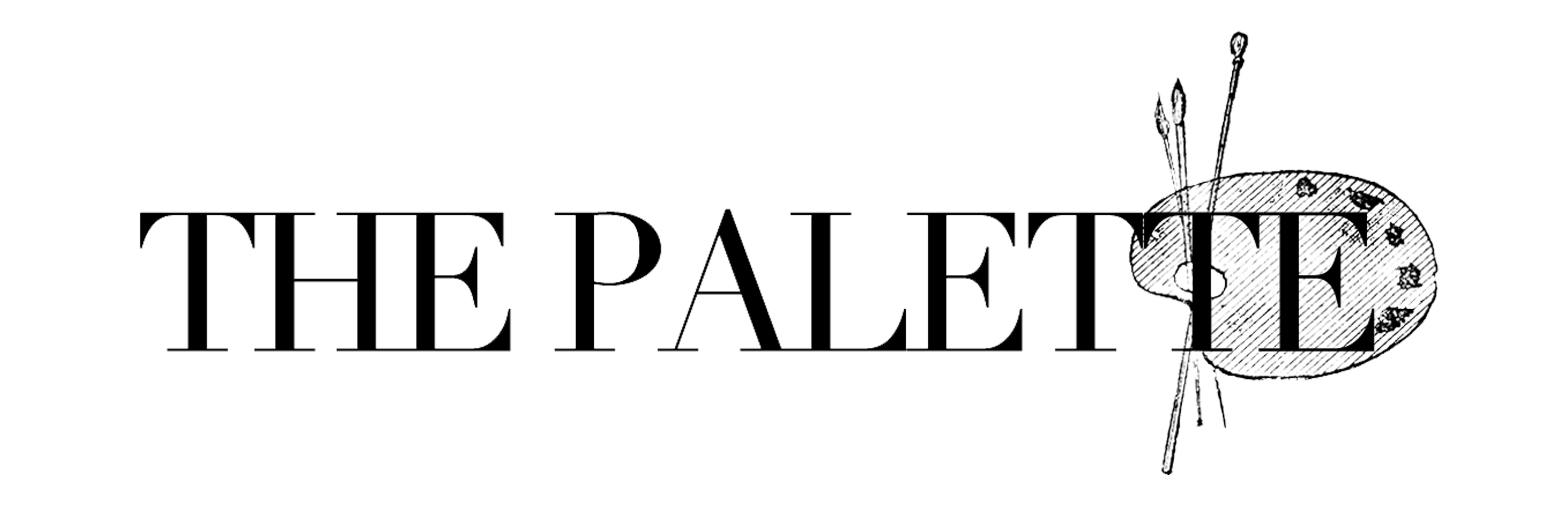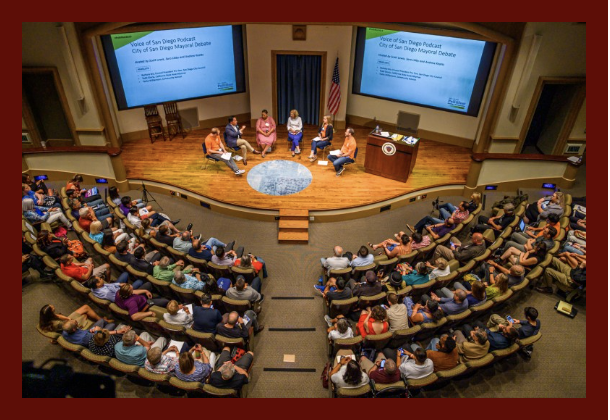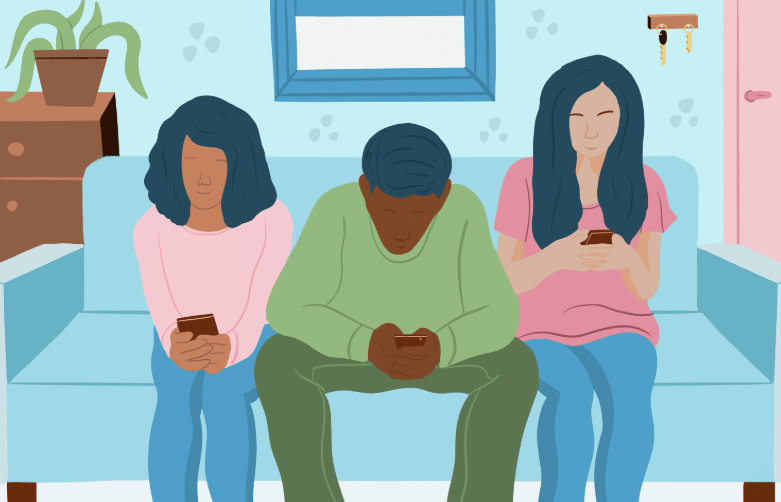On Saturday, October 7, La Jolla Country Day students and faculty such as Mr. Shulman, Mr. Lenzen, and Mr. Jacob attended Politifest, an annual summit organized by the Voice of San Diego and Cal Matters, nonprofit organizations dedicated to both informing the public on local news and holding leaders of the state accountable. The summit brings together political leaders, policy experts, and run-in-the-mill folks such as high school students and members of the San Diego community. Key topics of discussion during this year’s summit included the current water crisis, homelessness, and the housing crisis facing San Diego. The summit is formatted with debates, panels, and interviews throughout the day. To show just how important and influential the summit and its organizers are to the San Diego community, there are a lot of diverse sponsors such as AARP, The University of San Diego, Planned Parenthood, the San Diego Housing Federation, the Climate Action Campaign, and the Atlantis Group.
During the opening ceremony, Scott Lewis, the CEO and Editor in Chief of the Voice of San Diego made some comments on the nature of politics and how we as Americans understand it in a modern context. He posed a rhetorical question to the audience: “What constitutes politics?” He answered his own question, stating that politics is the: system or effort of how to work together without violence. Lewis emphasized that many things are inherently political, even if not in the stereotypical sense of politics. He noted that in other nations oftentimes people resort to violence rather than politics to solve issues. Then Lewis ended his speech by asserting, “everything is political and that’s okay and we should celebrate it.” After the opening ceremony, attendees cascaded into various conference rooms to either participate or listen in on speakers or panels discussing various topics.
One of the discussion rooms focused on state government, with guest speakers Neil Chase, the CEO of Cal Matters and Sameea Kamal, a reporter at Cal Matters. Chase held the room with his witty, abrupt comments on the nature of politics while Kamal captivated the audience with her insightful and calm demeanor. They explained that state politics is the intermediary between federal and local government and involved in the day to day of how the state runs, so we as citizens should care about them. They emphasized California’s substantial influence on the nation and discussed how the state’s government evolved during the COVID-19 pandemic, often with resistance from local governments. Kamal mentioned that it is of utmost importance that people both understand the issue and are constantly being informed. Then Chase jumped at the opportunity to plug the Cal Matters newsletter. On their website, they break down the issues for public understanding and make information easily accessible such as who represents you and what committees they are on. Both very important things to know as a Californian. They showed the audience the Cal Matters database on representatives and then Kamala took a very interesting digression.
She mentioned that she attended the California Republican Party meeting. She said that she noticed they knew they were the minority in a blue state and many of them held sentiments to revise and update the platform on subjects like abortion and gay marriage. However, these efforts have proven futile and ultimately failed because of the more conservative right-wingers who are committed to upholding their ideals for the party. This digression is particularly interesting because it seems to be a parallel to Kevin McCarthy’s previous situation as the Speaker of the House and his relationship to the House Freedom Caucus. McCarthy was the minority leader and had to navigate different groups of Republicans and try to balance the views of more conservative Republicans with the moderates. This contention and lack of unity within the party is partly why the party is unable to maintain power in spite of its numbers in the House.
Chase and Kamal ended the discussion room with a visual diagram showing the demographic makeup of California’s leaders and opened the floor for questions and comments. The diagram revealed a moderately diverse group of leaders but the only minority group that was proportional to the makeup of the people was the LGBTQIA+ representatives. Their 10 seats in the state house are in fact proportional to California. Chase then asked everyone if they felt heard in San Diego when they called,emailed, or lobbied their leaders. The answers were a mix. When they opened up the floor for questions and comments people appeared very passionate about the issues they spoke about. For example, a woman from Imperial Beach complained about how the government has not done enough to deal with the sewage from Tijuana drifting over into southern California. Many other audience members commented in agreement with the lady. A man got up and said he did not feel heard whenever he advocated to his leaders and asked Chase for advice. Chase told him not to underestimate the strength in numbers. He encouraged him to make them see you. He said to get a group and go to Sacramento, make them listen. And with that, the discussion room finished.
Overall, the day ran very smoothly, with various discussion rooms discussing issues affecting the lives and livelihoods of San Diegans. Despite the daunting challenges discussed, such as running out of water, the very fact that hundreds of San Diegans were willing to attend and engage in dialogue at Politifest offers hope for the future.










